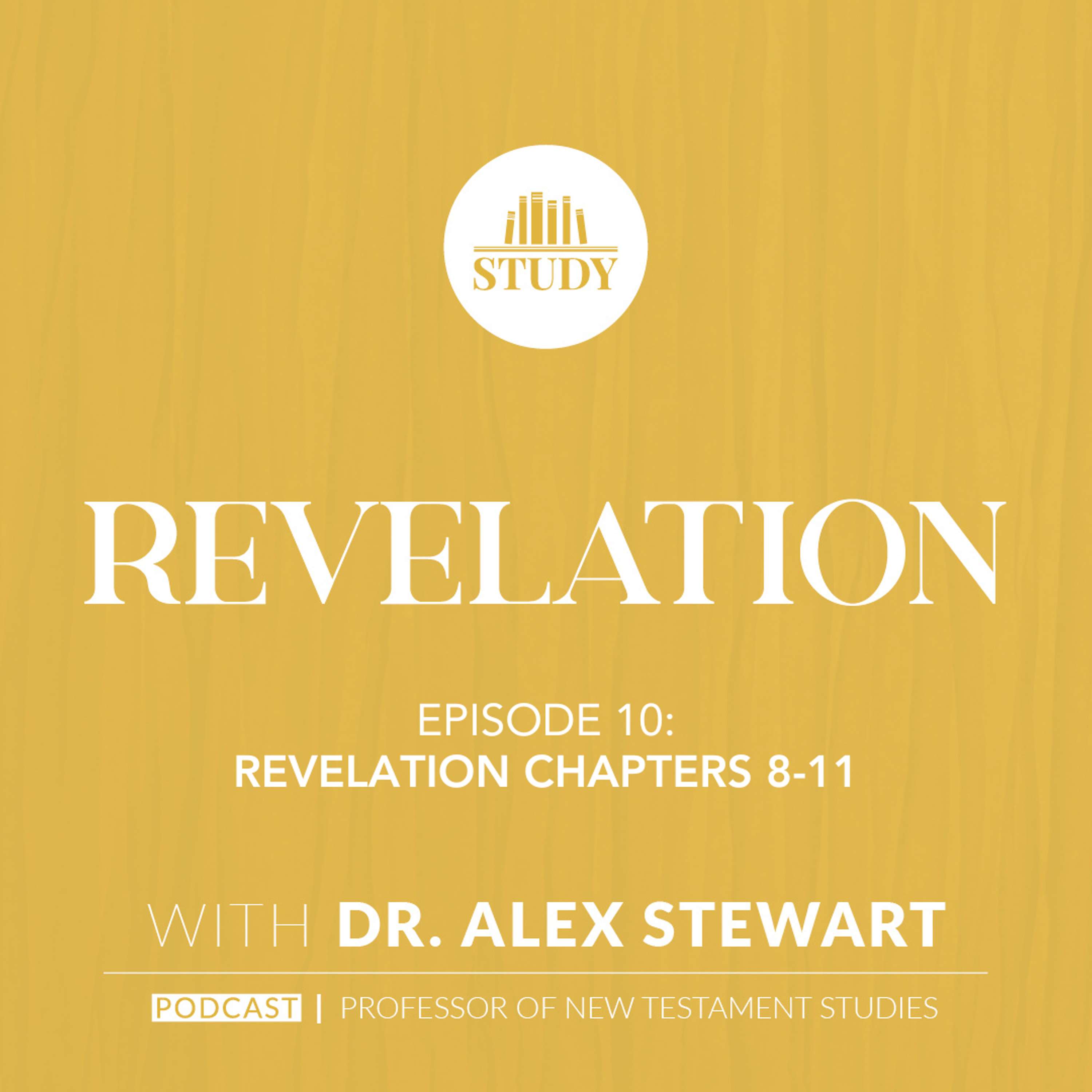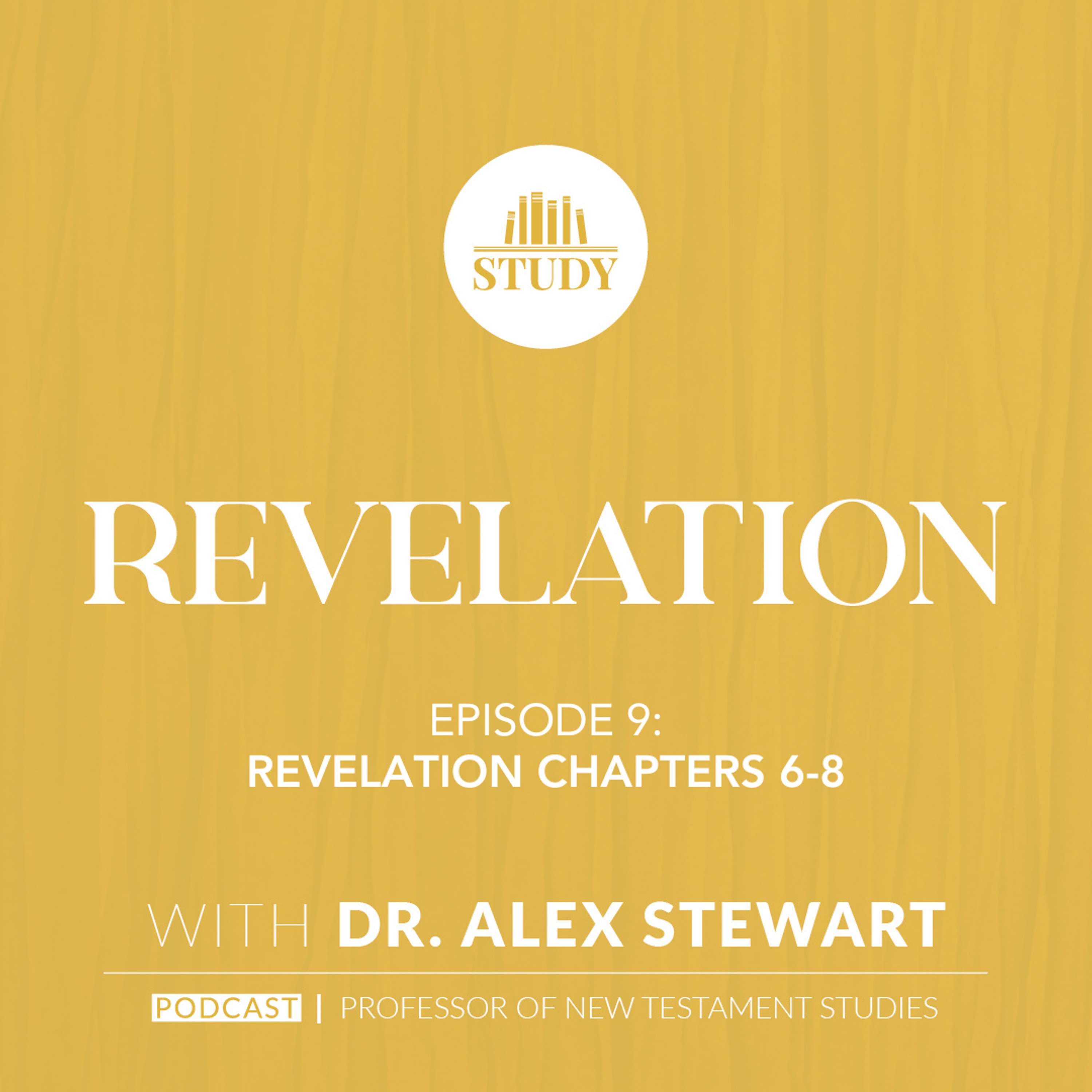Sometimes Bible teachers confuse their own deep Bible study with deep Bible study for their group members. It is true that you cannot lead learners to deep Bible study if you have not dug deeply into the passage yourself. (It’s hard to lead someone to a place you haven’t been to.) But, your deep study doesn’t necessarily translate into deep study for your group.
How do we make Bible study deep for our learners? It begins by seeing ourselves less as the provider of expert information and more as being the guides into the truths of the Bible. Have you ever listened to a missionary sharing about their work in some international setting? If you are like me, you leave thinking, “I am so glad God placed her in Sokovia. It is great to know that God is working in that place.” But, it is a different experience when you get off the plane in Sokovia and begin walking side-by-side with the missionary, participating in their ministry personally. You leave truly knowing the ministry in that place. Deep Bible study is less about people hearing deep truths that you have studied; it is more about them getting their hands into the Word up to their elbows, being guided by you into the most important words in the passage.
Here are some guidelines that will help you to be the trail guide into Bible study instead of the expert lecturing from the stage:
Don’t tell people things about the passage they can discover for themselves.
Not everything in a passage is self-evident. Learners need you to explain words that may not be clear, situations that may be confusing, or historical situations that bring clarity to the passage. They don’t need you to explain that when John wrote, “For God so loved the world . . .” that he meant us to understand that God actually loves people.
Ask questions that drive learners deeper into a passage.
Good questions are not answered by simply looking at verse 3. They actually require learners to think, to analyze, to discuss. Asking, “How did God demonstrate his love in John 3:16?” is not nearly as deep as asking, “Why did God sending his son indicate God’s love for us?” Good questions seldom occur to you on the spot (unless you are crazy intelligent). Most of the time, asking good questions means you have thought carefully about how to get your learners to think deeply about a passage before you get into the room.
Lead learners to explain the truth of the passage to you instead of merely explaining it to them.
Putting truth into their own words actually requires them to think more deeply.
If your goal is to teach deep Bible study, you will need to study the passage deeply. What you teach is essential. But, how you teach is also important.
Read More

Owning Up to the Failures of our Theological Heroes
What can be done when you discover the sins of historical figures who have shaped your theology?

Author’s Perspective: Andrew Fuller and the Search for a Faith Worthy of All Acceptation
Dr. David Rathel discusses his upcoming publication on Andrew Fuller.
Listen
Revelation Chapters 8-11
This episode covers the seven trumpets in Revelation chapters 8-11, emphasizing their role in the series of seven judgments. Dr. Stewart focuses on spiritual oppression and demonic activity, contrasting with the human-centric judgments of the seven seals.

Revelation Chapters 6-8
Dr. Stewart and Tyler discuss the symbolism of the seven seals in Revelation. The seals can range from Christ’s authority, to the Four Horsemen of the Apocalypse, to cosmic upheaval, to God’s final judgment, and more. Their conversation emphasizes the importance of pe




